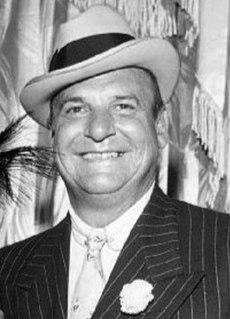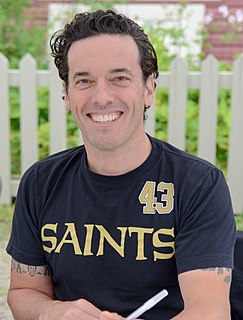A Quote by Leo Tolstoy
I have found that a story leaves a deeper impression when it is impossible to tell which side the author is on.
Quote Topics
Related Quotes
You have to decide what kind of story you're going to tell. For instance I would argue a movie like 'Toy Story 3,' which isn't realistic at all, is really emotional and involving. It just depends. I played this game called 'Superbrothers: Sword & Sworcery EP' for iPad that is totally old school 8-bit, which I found very moving.
The Danger of a Single Story”, which has resonated with me immensely every time I read it. “Power is the ability not just to tell the story of another person, but to make it the definitive story of that person. The Palestinian poet Mourid Barghouti writes that if you want to dispossess a people, the simplest way to do it is to tell their story, and to start with, “secondly.






































